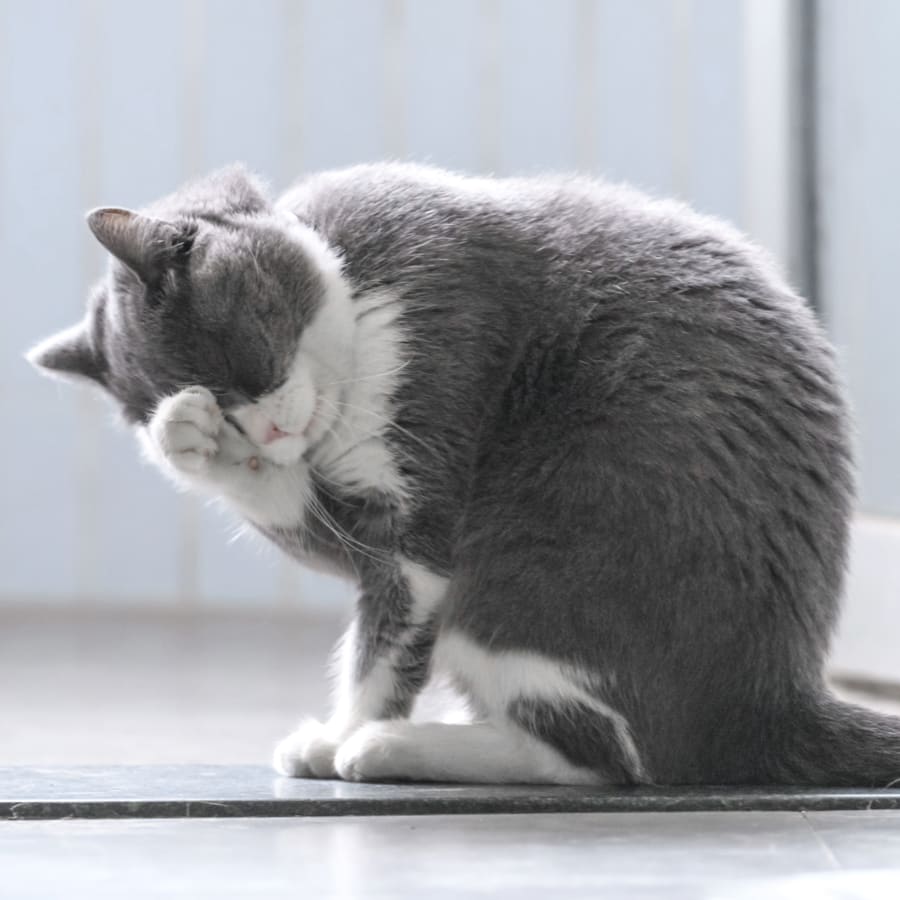Geriatric Care for Senior Pets
To help them maintain a good quality of life as they continue to age, senior pets need routine preventive veterinary care and early diagnosis throughout their golden years.
Diligent care can help extend your pet's life and good health as they age, so it's important that they attend regularly scheduled wellness exams, even if they seem healthy.
Our veterinarians are here to assist geriatric pets in our animal hospital in Poway by identifying and treating emerging health issues early, while providing proactive treatments to pets while their health issues are still easily managed and treated.

Typical Health Problems
Because of the incredible improvements in dietary options and veterinary care techniques available now, our companion dogs and cats are living far longer than they ever have before.
While this is certainly something to be celebrated, pet owners and veterinarians now face more age-related conditions than they did in the past as well.
Senior pets are typically prone to the following conditions:
Veterinary Care for Seniors
Our veterinarians will thoroughly examine your senior pet, inquire about their home life in detail, and perform any tests that may be needed to gain additional insight into their physical health and condition as they age.
Based on the findings, we'll recommend a treatment plan that can potentially include medications, activities and dietary changes that may help improve your senior pet's health, well-being and comfort.
Routine Wellness Exams
Preventive care is essential to helping your senior pet live a healthy, happy and fulfilled life. It also gives our veterinarians the opportunity to detect diseases early.
The early detection of disease will help to preserve your pet's physical health and catch emergency health issues before they have a chance to develop into long-term and persistent problems.
With regular physical examinations, your pet will have the best chance at quality long-term health.

